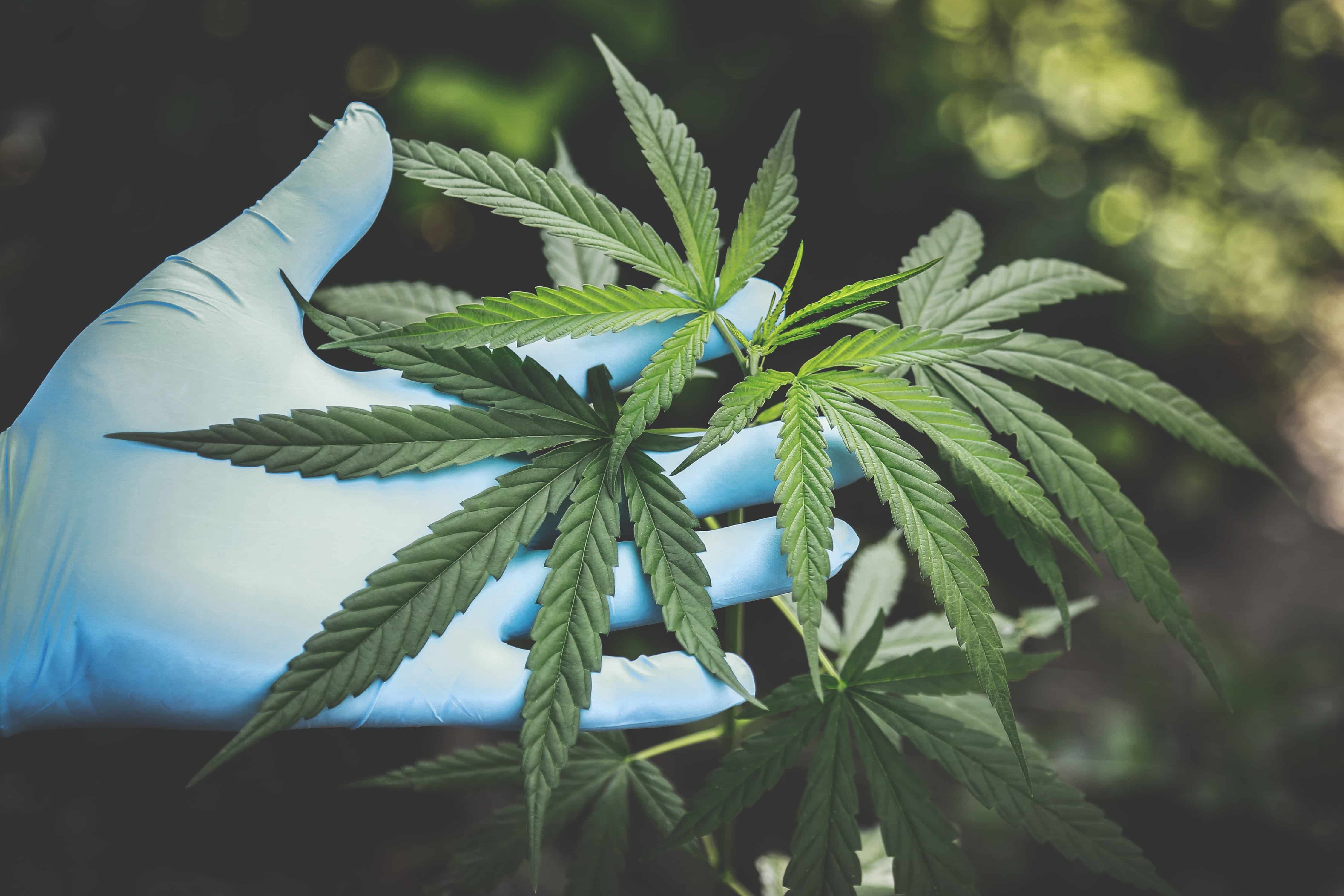Workplace Drug Testing in the Age of Marijuana Legalization
Marijuana prohibition began in 1934 with the Uniform State Narcotic Drug Act, which banned the sale, cultivation, and use of the cannabis plant.
Fast-forward 85 years later, however, and 33 states have legalized medical marijuana, while 11 states have allowed its recreational use among adults over 21. In a report by employment attorney Brian Schwartz on the recent legalization of marijuana in the state of Illinois, he brings up a crucial question: What effect does this have on employers?
Can employers still enforce a drug-free workplace?
If we’re to use Illinois as an example, it may not be all that bad when it comes to workplace drug testing.
Illinois law states that employers are still allowed to enforce a drug-free workplace — which is a good thing for employers already adopting a zero-tolerance approach. However, outside of the workplace is where things get a little muddy.
Due to marijuana use being legal in the state, employees may partake in cannabis use as long as they aren’t “on-call.” According to state law, one is considered on-call when the employer provides the employee with at least a 24-hour notice wherein the employee will be on standby — in other words, on-call to perform work. Within this window, violating any of the employers’ unique work-related drug policies may still lead to disciplinary actions or, in more serious cases, termination.
Of course, an important concern employers will be sure to have is the adverse side effects of the drug on their employees. A study conducted by University College London on the effects of cannabis on work performance has found that the substance can reduce short-term motivation to work. Further problems will arise when substance use takes a turn for the worse, as a previous post by our founder Tim Thoelecke points to in “The High Costs of Substance Abuse in the Workplace.” These effects can range from presenteeism and higher risks of accidents or injuries, to health issues and even death. Given all these, it’s understandable for employers to be especially wary of the slew of legalizations across the nation.
How are employers across the country adjusting?
In response to marijuana legalization in different states, employers across the country have been forced to alter their zero-tolerance drug test policy in light of cannabis legalization.
A report by MSN on the effect of legalization on the workforce details the sudden shift in policies: Employers were losing more and more good candidates to failed drug tests — which could lead to a depletion of the workforce had an adjustment not been made. Of course, each employer needs to determine their definition of “good employee.”
The next generation of managers will also have different attitudes to the legalization of cannabis compared to their predecessors. Statistics gathered by Maryville University reveal that some 3.7 million executives retired in 2017, making way for new and younger managers to rise to the challenge of leadership. This has caused several changes, not just in the composition of the C-suite, but also in the approaches these leaders bring to the table. This is especially true when it comes to divisive issues such as marijuana use. A generational poll published by Fortune just last March found that Generation X and millennials were in favor of the legalization of cannabis. However, these issues are divisive for a reason. Not everyone will be open to the removal of drug screenings, and rightfully so.

Image Credit: Pexels
How, then, can we enforce a drug-free workplace?
The best way to approach this workplace drug testing issue is from the middle.
Do employees have the right to do whatever they want in their own time? Yes, as long as it is within the jurisdiction of the law. Should employers suffer inefficiency in the workplace because of employee drug use? Definitely not.
A moderate and reasonable fix would be to ensure that employees follow strict drug-free workplace policies wherever they are based, by enforcing the “on-call” stipulation similar to the one in Illinois.
Inc.’s article on the drug legislation and screening goes further into this, detailing specific steps you can take as an employer.
For one, you can determine the jobs that could adversely affect the safety of others and implement stricter marijuana use rules in these roles. Screening for high-risk jobs protects both the employer and their employees.
Another precaution you can take is to ask the testing centers to not flag for marijuana use during the pre-job screening. This way, both employer and employee rights are protected from both discrimination and work-related mishaps. By doing this, employers can still ensure via drug tests that their employees aren’t partaking in substances at work. That’s because while marijuana use is legal in the state, it is still against company policy during company hours.
These are the kinds of policy changes companies must now consider in this new age of drug legislation — policies that may one day become the norm across the country.
Post exclusively submitted by S. Nicolas for inoutlabs.com

